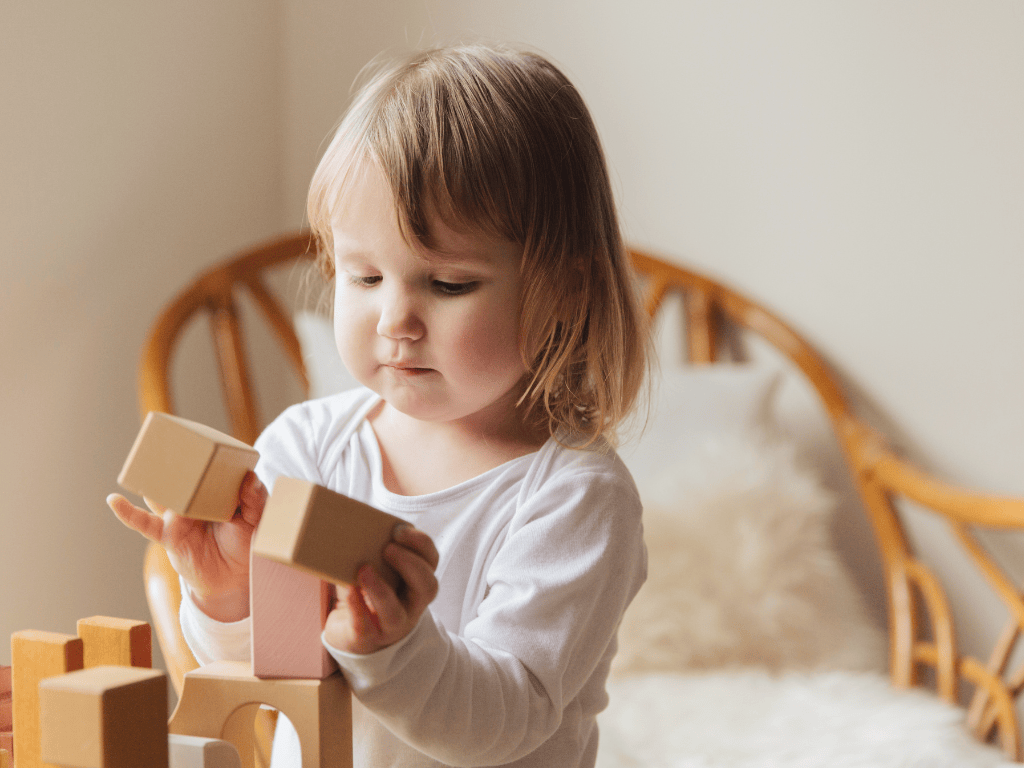
The Importance of Unstructured Play for Building Resilience and Independence
Unstructured play, where children engage in activities on their own or with peers, is vital for fostering creativity, problem-solving, and emotional resilience. When children are given the freedom to play without constant adult supervision or direction, they learn to navigate challenges independently. This kind of play builds resilience, helping them bounce back from small setbacks they encounter while developing the independence needed to figure out how to solve problems on their own. These moments are the building blocks of future success, both emotionally and socially.
Parents might worry that leaving children to their own devices during playtime could mean they’re not getting enough support. In reality, though, stepping back fosters both resilience and independence. When children are allowed to struggle, face minor frustrations, and come up with solutions themselves, they develop the ability to cope with bigger challenges later in life. Resilience isn’t something that can be taught through words alone—it’s developed through experience, especially through unstructured play where children face difficulties and learn to overcome them independently.

Play Without Adults: Crucial for Resilience and Independence
Children don’t need adults hovering over them for every activity. In fact, including parents in play too often can unintentionally alter the dynamic. Even when parents try their best to let the child lead, their presence can shift the focus, inhibiting creativity and independence. Children may defer to adults, seeking validation or assistance, instead of figuring things out themselves. But it’s through independent exploration and making mistakes that children learn how to be resourceful and resilient.
This doesn’t mean parents should never engage in play—of course, bonding time is important. However, creating opportunities for children to play on their own fosters independence. Parents who allow their children to encounter and work through challenges during play help them build resilience. It’s important to give children the space to fall and get back up, not just physically, but emotionally as well. By stepping back and letting them navigate these experiences, we give them the chance to strengthen their ability to bounce back from difficulties—an essential aspect of building resilience.
The Value of “Doing Less” for More Resilience
In the realm of parenting, there’s a pervasive belief that to support our children, we need to do more—organising activities, solving problems, or stepping in at the first sign of trouble. But in truth, doing less is often more beneficial when it comes to building resilience and independence. By stepping back and allowing children to face obstacles, we empower them to take ownership of their play and learning. This fosters a sense of self-reliance, preparing them to tackle the bigger challenges that life inevitably presents.
Children learn by doing, and unstructured play is their “work.” When we step in too quickly to fix a problem or offer a solution, we undermine their ability to develop resilience and independence. It’s through trial and error that they build the confidence to solve problems on their own. Whether it’s figuring out how to build a tall tower without it toppling over, or managing disputes with friends, these experiences help children trust their abilities and grow into resilient individuals.
Fostering Confidence and Self-Control through Resilient Play
The beauty of unstructured play lies in its unpredictability, which helps build both resilience and independence. Children are faced with scenarios where there’s no predetermined outcome, allowing them to make decisions, adapt to setbacks, and push through frustration. These are the moments where resilience is built—when a child learns that failure isn’t final, but a stepping stone to success. Over time, this not only strengthens their problem-solving skills but also helps them develop self-control and emotional regulation.
By taking a step back and giving our children the freedom to play independently, we are setting them up for future success. We’re giving them the tools to be resourceful, resilient, and confident in their abilities. These qualities will serve them well, not just in childhood, but throughout their lives as they face larger challenges and opportunities for growth.

Benefits Of Unstructured Play For Children
Fosters Creativity: Without set rules or guidelines, children use their imagination to create games, stories, and scenarios, enhancing their creative thinking skills.
Builds Problem-Solving Skills: Children learn to navigate challenges and make decisions independently during play, improving their ability to solve problems on their own.
Encourages Social Skills: Unstructured play often involves interactions with peers, helping children develop communication, cooperation, and conflict resolution abilities.
Boosts Resilience: By facing and overcoming setbacks during play, children build emotional resilience, learning to handle frustration and adapt to change.
Promotes Independence: Children learn to entertain themselves and make choices, encouraging a sense of autonomy and self-reliance.
Enhances Physical Development: Unstructured play often involves physical activity, supporting motor skills, coordination, and overall health.
Reduces Stress: Play provides a natural outlet for children to express their emotions and release energy, leading to better emotional regulation and reduced stress.
Conclusion
Nurturing Resilience and Independence Through Play
It’s easy to fall into the trap of thinking that more involvement equals better parenting, but when it comes to play, less is often more. Unstructured play is crucial for developing both independence and fostering resilience in children.
By taking a step back, parents empower their children to become resourceful, confident individuals who can navigate life’s challenges with self-assurance. Play is their job – and our role as parents is to support this by giving them the space to explore, fail, and ultimately succeed on their own terms.
In the long run, allowing children to play without constant adult intervention not only reduces stress for parents but also fosters independence and builds emotional resilience in children. And that’s one of the greatest gifts we can give them.
Latest News

Setting Boundaries to Reduce Anxiety

Building Trust Between Parent And Child Without Overexplaining

The Importance of Consistent Parenting in Discipline: Why It Works
Contact Us
Contact Katherine Elizabeth today to arrange a no-obligation, free telephone consultation and find out how our personalised parent coaching could be the solution for your family.

